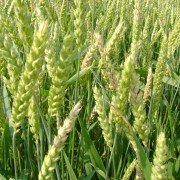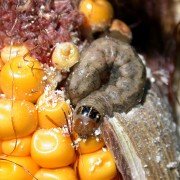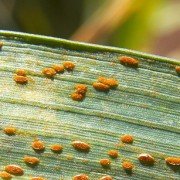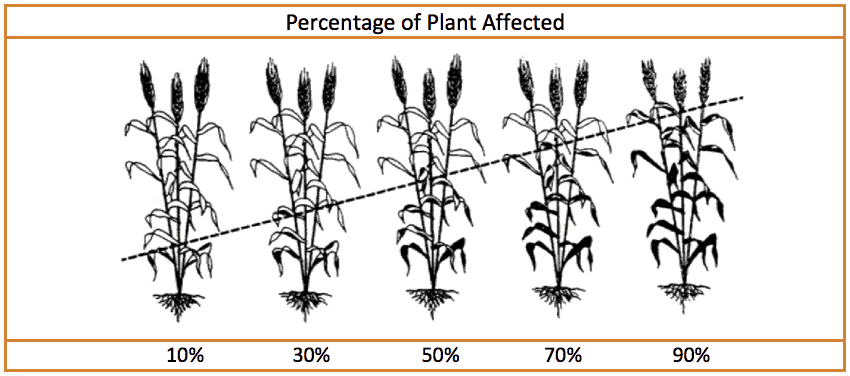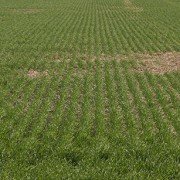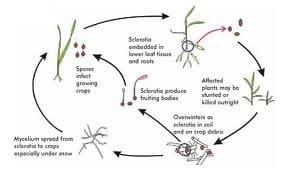BLENHEIM, ON (April 29, 2015)
Thompsons Limited announces an agreement with IGPC to partner for sourcing corn for 50MM gal/yr. ethanol facility for IGPC in Aylmer, Ontario effective October 1, 2015.
“Thompsons is excited to expand our originations footprint in Ontario by partnering with IGPC. We are looking forward to revolutionizing customer service with both current customers of IGPC as well as new customers. IGPC is an important piece of Ontario’s agricultural community, and we are proud to be working with them,” said Dawn Betancourt, President of Thompsons Limited.
IGPC Ethanol Inc., commenced operations in the fall of 2007. Since that time, it has used the services of Cargill Inc., to source local corn. “This change in no way reflects upon the performance of Cargill. They have been excellent partners. We are making the switch to Thompsons’ as we feel they will be able to support the strategic initiatives we will be undertaking in the future” said Jim Grey, CEO, IGPC Ethanol Inc.
Cargill will continue to serve IGPC for corn purchases and deliveries up to September 30th, 2015. Thompsons will begin purchasing corn today for October 1st, 2015 deliveries and beyond.
About Thompsons Limited
Established in 1924, Thompsons Limited is a regional leader in the agribusiness industry with 12 grain elevators, retail farm centers, seed, bean and wheat processing plants throughout Ontario. Thompsons is active in the importing and exporting of grain, organic and specialty crops worldwide and currently conducts business in over 34 countries around the world. For more information visit andersonscanada.com.
About IGPC Ethanol Inc.
Established in 2007, IGPC Ethanol Inc. contributes significantly to the Renewable Fuels Industry and Ontario’s Agricultural sector. By producing 170 million litres of denatured fuel grade ethanol and 170,000 tonnes of distillers’ grains, IGPC Ethanol Inc., has become a leader in Southwestern Ontario’s business community by creating environmentally sustainable economic growth. IGPC Ethanol Inc. is a division of Integrated Grain Processors Co-operative established in 2002, by a group of agribusiness individuals. IGPC is a full service provider to local farmers offering a distribution solution for their corn crops while producing high protein feed supplement for their livestock. For more information, please visit www.igpc.ca
Media contact:
Dawn Betancourt, President, Thompsons Limited, 519-676-5411, extension 20405
or e-mail dbetancourt@thompsonslimited.com
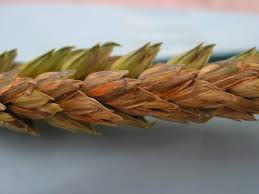 The less infected kernels that go into storage the better, and the greater of a chance a grower will have for not getting docked to a lower grade of wheat.
The less infected kernels that go into storage the better, and the greater of a chance a grower will have for not getting docked to a lower grade of wheat.
